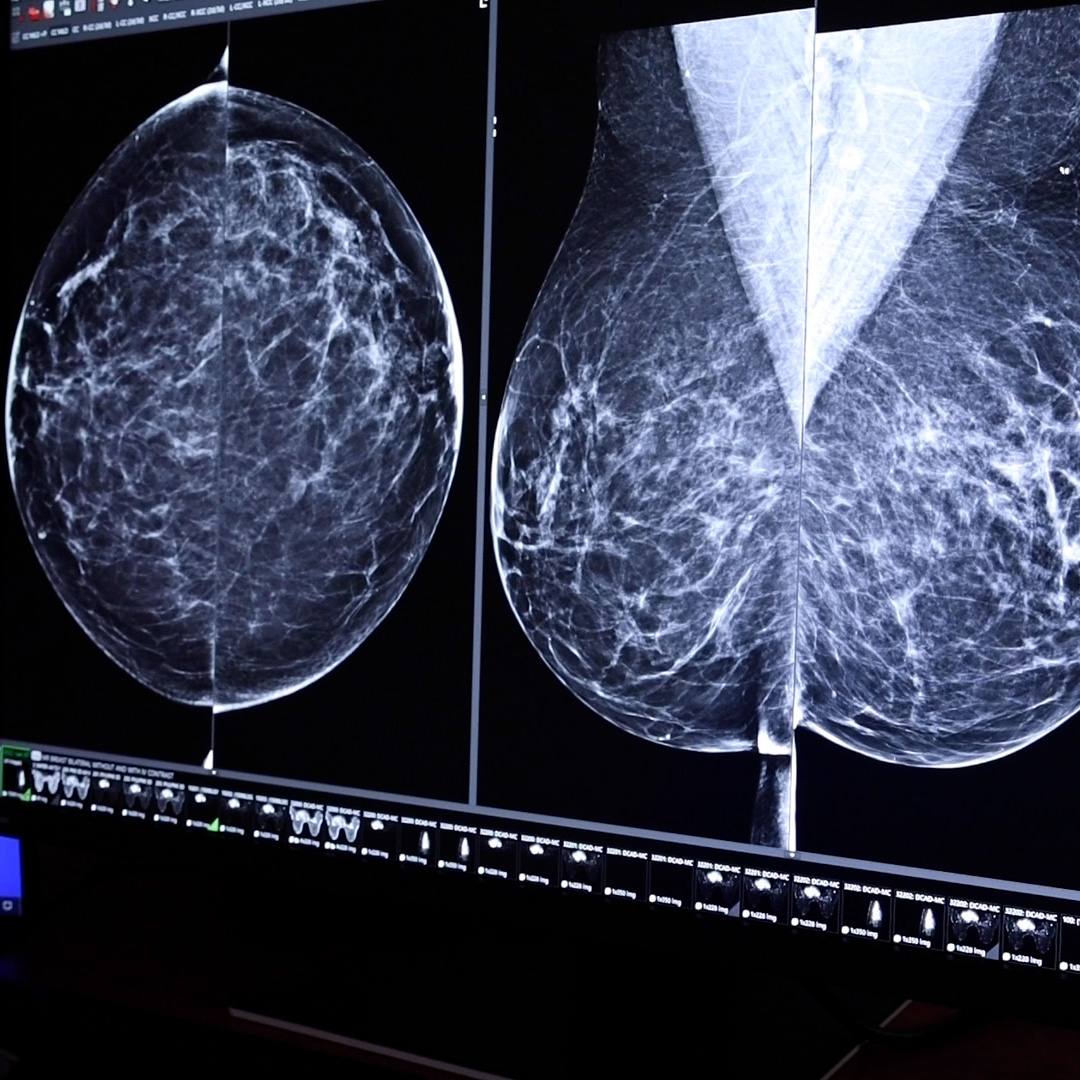-
Treatment for Rare Form of Endometrial Cancer Can Be Complex
Treatment for Rare Form of Endometrial Cancer Can Be Complex
December 3, 2010
Dear Mayo Clinic:
My mother was just diagnosed with what we were told is an aggressive form of uterine cancer (uterine papillary serous carcinoma). What can you tell me about this disease?
Answer:
Uterine papillary serous carcinoma is a rare form of endometrial cancer. It usually spreads more quickly and is more difficult to detect early than other more common forms of endometrial cancer. Various treatment options are available. But because this is an uncommon and aggressive form of cancer, it's important for your mother to be evaluated at a medical center where physicians have expertise and experience in treating uterine papillary serous carcinoma.
Endometrial cancer — one of the most common cancers in American women — begins in the lining of the uterus (endometrium). It most often affects postmenopausal women, and its main symptom is postmenopausal bleeding. Other symptoms may include pelvic pain, pain during intercourse and unintended weight loss.
Two broad categories of endometrial cancer exist. Type 1 grows more slowly and often can be detected and effectively treated in its early stages. Type 2 spreads more quickly. By the time symptoms appear, type 2 endometrial cancer has often spread beyond the uterine lining into surrounding tissue and organs. Uterine papillary serous carcinoma falls into the type 2 category.
Treatment for uterine papillary serous carcinoma generally involves surgery, followed by radiation and chemotherapy. Most often, surgery includes removal of the uterus (hysterectomy), fallopian tubes and ovaries, as well as any other cancer that may be visible in the abdomen during surgery. The surgeon will also remove lymph nodes in the affected area. The lymph nodes will be examined in a laboratory following surgery to help determine how far the cancer has spread.
Decisions about an individual's need for radiation and chemotherapy are made based on the surgical findings. Many women who have uterine papillary serous carcinoma require both. Although hormone therapy may be used to treat type 1 endometrial cancer, hormone therapy is not effective in the treatment of uterine papillary serous carcinoma because it is not hormone sensitive.
Uterine papillary serous carcinoma is a serious and often life-threatening disease, and its treatment can be complex. It's important that people like your mother who have this disease be cared for by a team of specialists that is familiar with uterine papillary serous carcinoma and has experience diagnosing and treating it.
Ideally, your mother's treatment team should involve collaboration among a medical oncologist, radiation oncologist and a gynecologic surgeon. I strongly recommend that, prior to having surgery, she seek care at a medical center where all these specialists are available and can easily consult with one another, so her care can be quickly and effectively coordinated. This type of care is most commonly available at large academic medical centers such as Mayo Clinic.
An added benefit of seeking care at an academic medical center is that patients often have access to clinical research trials. Participating in a clinical trial may allow your mother to take advantage of new and emerging treatment options that might not be available in other places.
The prognosis for women with uterine papillary serous carcinoma can be discouraging. Working with a skilled team of experienced specialists will give your mother the best chance for effectively treating this disease.
— Andrea Mariani, M.D., Gynecologic Surgery, Mayo Clinic, Rochester, Minn.







